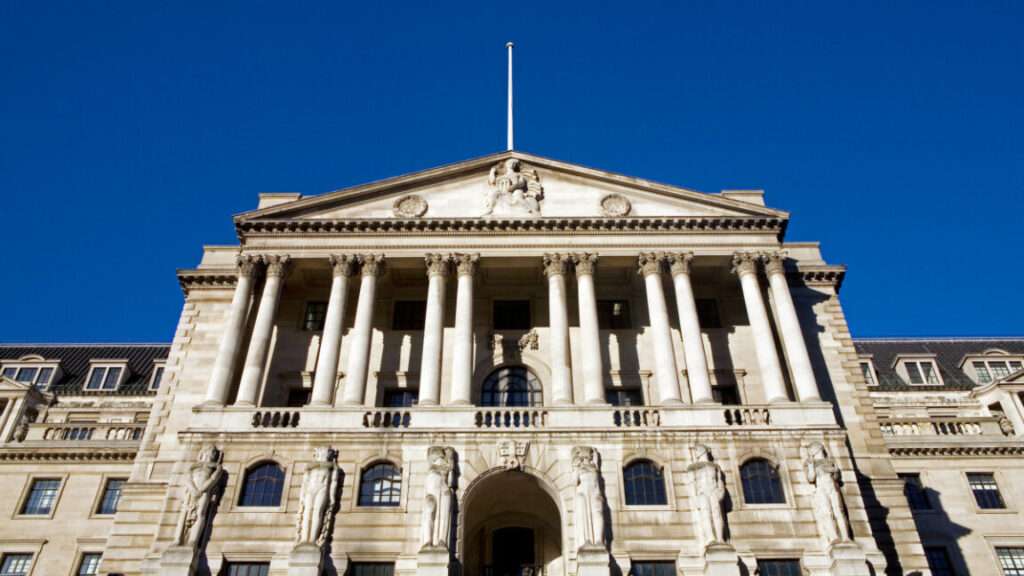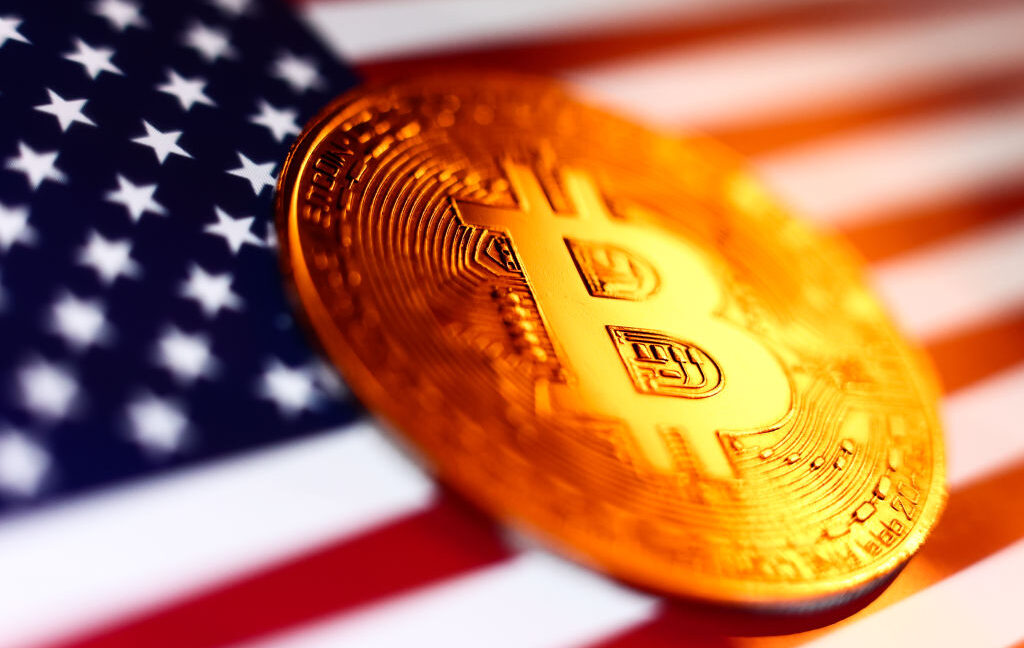Bank of England warns AI stock bubble rivals 2000 dotcom peak
Share valuations based on past earnings have also reached their highest levels since the dotcom bubble 25 years ago, though the BoE noted they appear less extreme when based on investors’ expectations for future profits. “This, when combined with increasing concentration within market indices, leaves equity markets particularly exposed should expectations around the impact of AI become less optimistic,” the central bank said.
Toil and trouble?
The dotcom bubble offers a potentially instructive parallel to our current era. In the late 1990s, investors poured money into Internet companies based on the promise of a transformed economy, seemingly ignoring whether individual businesses had viable paths to profitability. Between 1995 and March 2000, the Nasdaq index rose 600 percent. When sentiment shifted, the correction was severe: the Nasdaq fell 78 percent from its peak, reaching a low point in October 2002.
Whether we’ll see the same thing or worse if an AI bubble pops is mere speculation at this point. But similar to the early 2000s, the question about today’s market isn’t necessarily about the utility of AI tools themselves (the Internet was useful, afterall, despite the bubble), but whether the amount of money being poured into the companies that sell them is out of proportion with the potential profits those improvements might bring.
We don’t have a crystal ball to determine when such a bubble might pop, or even if it is guaranteed to do so, but we’ll likely continue to see more warning signs ahead if AI-related deals continue to grow larger and larger over time.
Bank of England warns AI stock bubble rivals 2000 dotcom peak Read More »

